New feed weans 1.5 piglets more per sow
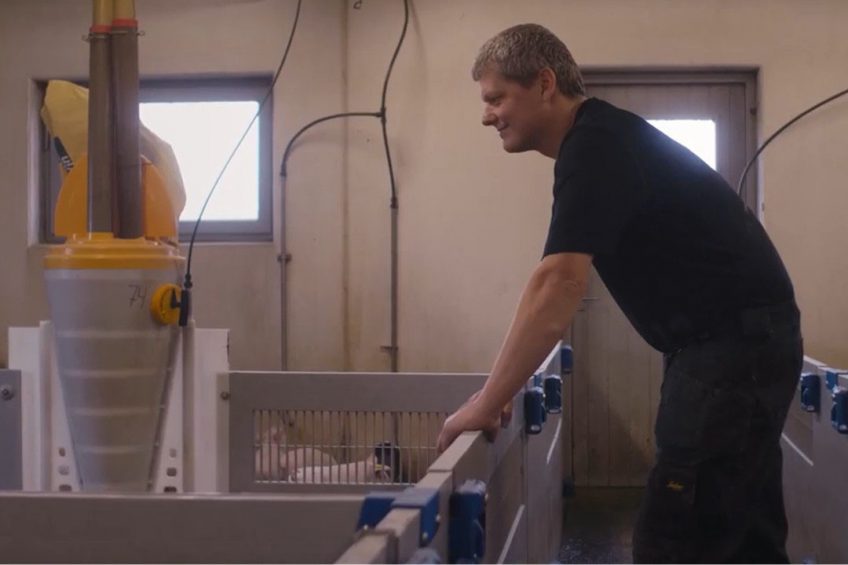
Nikolaj Larsen owns the company NyborgAvl – a Danish multiplier with 550 Landrace-sows. Skinny sows and lack of milk yield made the multiplier try a new functional protein for his sows.
Larsens’ company has had the same health status for 15 years and sells their young females on contract. The most important production methods are health, durability and uniform young females. The sows are fed home mixed liquid feed and the piglets dry feed.
“We all know that a sow in good condition will have more eggs, have fewer returns and give more milk. We had too many skinny sows with poor milk yield. We tried several feed solutions, but they only worked for a short period of time,” says Nikolaj Larsen, who expected yet another short-term effect from the new functional protein.
Functional proteins are worth the wait
Larsen was asked to be patient and wait 6 months for the initial results to show and 9 months for the final effect. The complementary protein needs time to change the bacteria composition in the sows’ gut microflora and hereafter the bacteria pressure of the farm in total.
“It took about 6 months before we saw significant changes. A year later, we still have the same positive effect,” says a happy Larsen.
The results of functional protein for sows
The multiplier experienced an increase in the sows’ milk yield and a better condition, even though the sows wean 1.5 piglets more than before.
“Mortality has dropped 3-4 percentage points. The small-born sucklings are more vital and they quickly grow into a medium size suckling catching up with rest of the litter,” says Larsen about the results and continues: “Our weaning weight has increased by 500 grams. The sows now do a better job taking care of the piglets, easing the workload for the employees in the farrowing section.”
How EP199 works on sows
The complementary protein EP199 reduces the number of pathogenic gut bacteria and reduces the contamination through the faeces on the farm. EP199 is more easily digested and absorbed compared to soybean meal leading to a better milk yield. When pathogens are repressed, the immune system is strengthened and the number of antibodies in the colostrum increases between 25% to 40% compared to soybean meal. The more antibodies the more resilient the sucklings become due to a fully functional immune system.
EP199 consists of lactic-fermented rapeseed meal added seaweed. The product can be used in dry feed as well as liquid feeding.
Piglet production without medicinal zinc
At the same time, NyborgAvl chose to stop the use of medicinal zinc for the piglets, because they wanted to be prepared for the ban of medicinal zinc which enters into force in 2022.
”We wanted to stop using zinc before we were forced to do it, and that’s why we started using the functional protein EP100i for the piglets. The weaned piglets now have a greater feed intake and growth compared to a diet with medicinal zinc included. And they are more uniform in size,” Larsen concludes.
How EP100i works on piglets
EP100i promotes a beneficial gut bacteria composition. The complementary protein supports the development of the immature gut’s ability to utilise feed. The feed contributes to the development of a fully functional immune system and reduces inflammation compared to diets containing soy protein concentrate (SPC) and soy protein-concentrate added medicinal zinc (SPC+2500 ppm zinc). EP100i delivers better growth with an average of 2kg more compared to SPC and 1kg more compared to SPC+2.500 ppm zinc. The effect of EP100i is well-documented in largescale trials conducted by Copenhagen University and in commercial farms.
For more information go to www.europeanprotein.com
 Beheer
Beheer
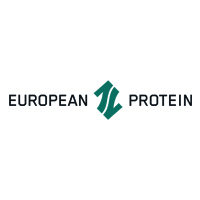
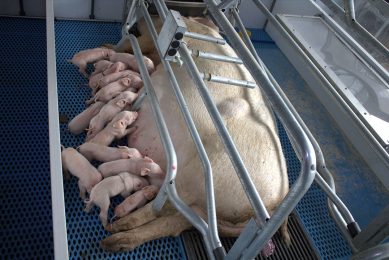
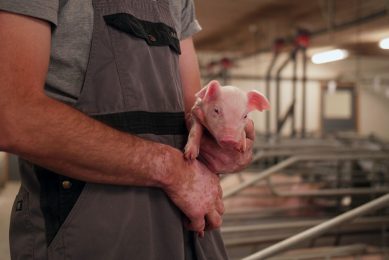
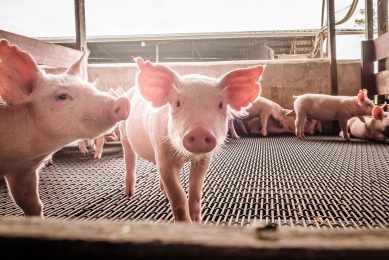
 WP Admin
WP Admin  Bewerk bericht
Bewerk bericht